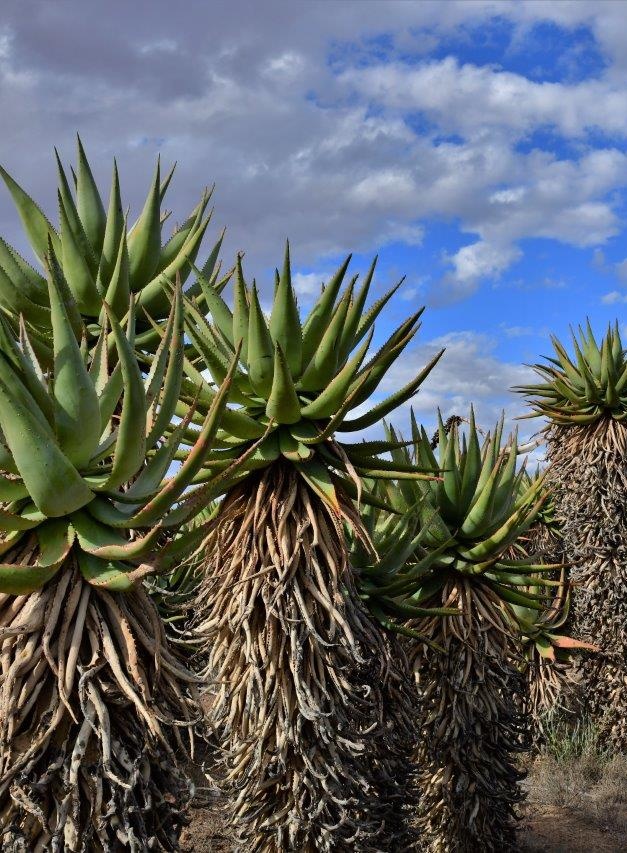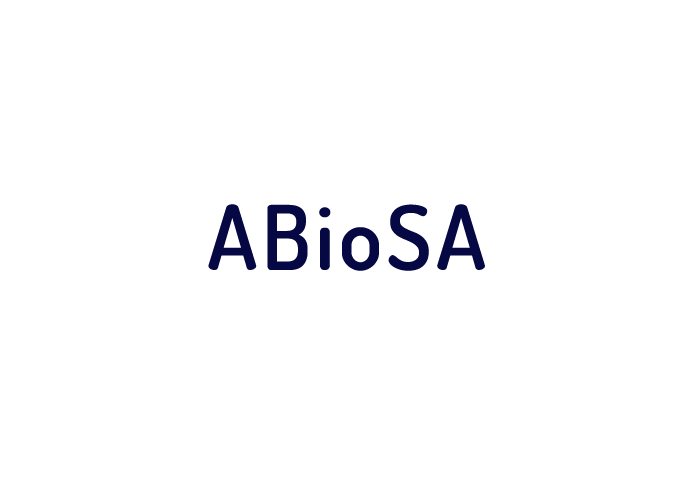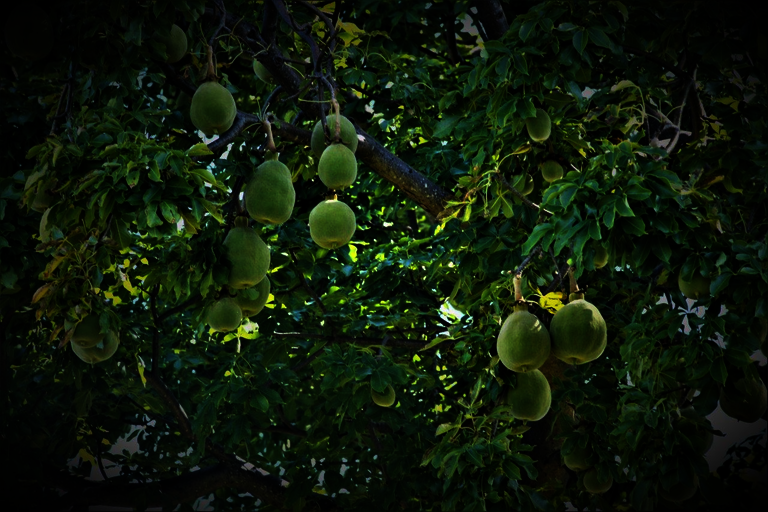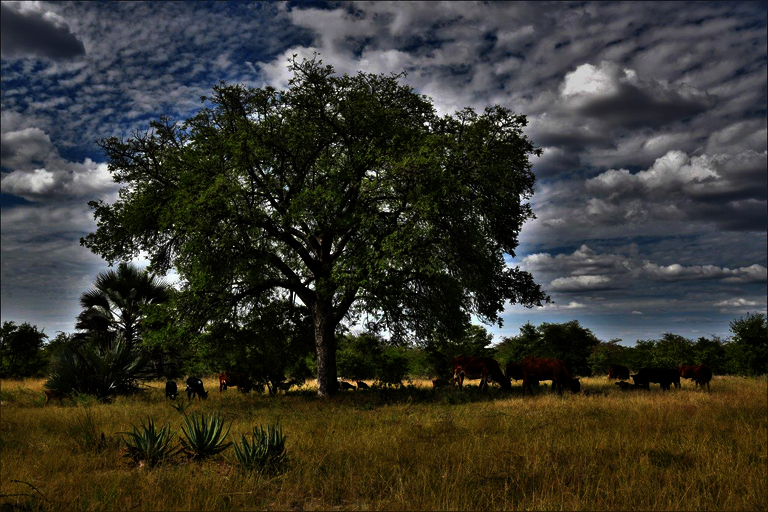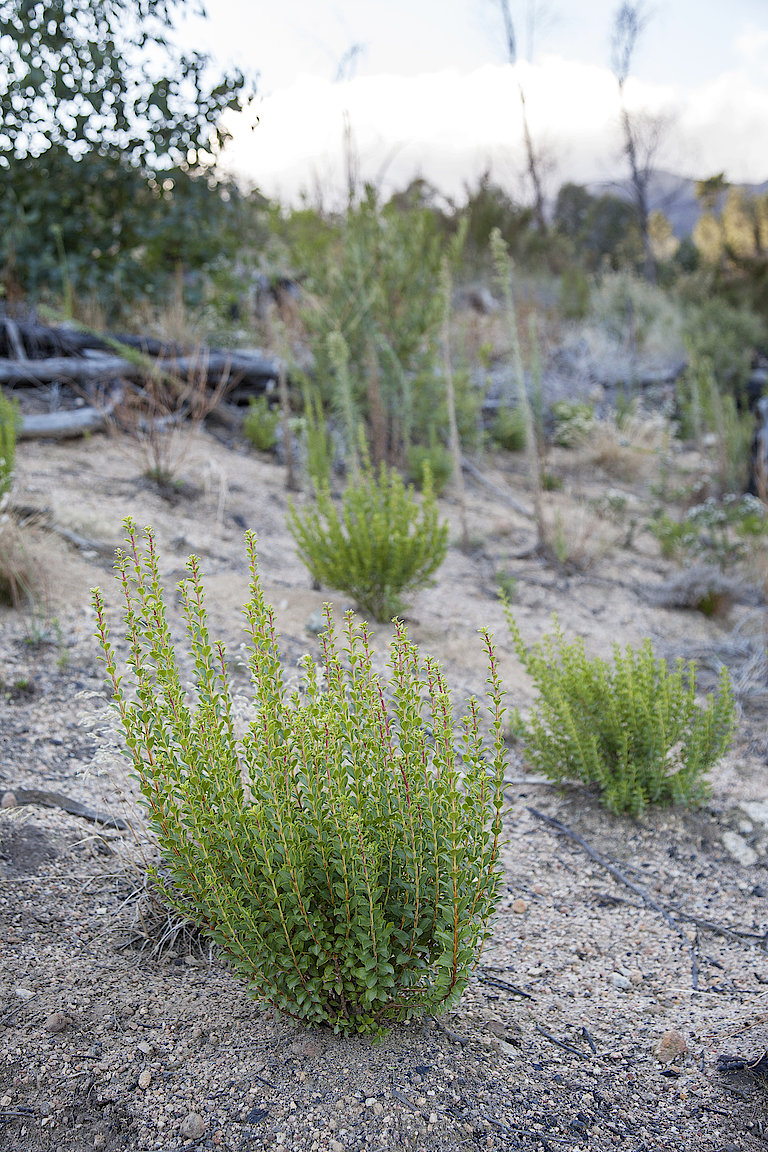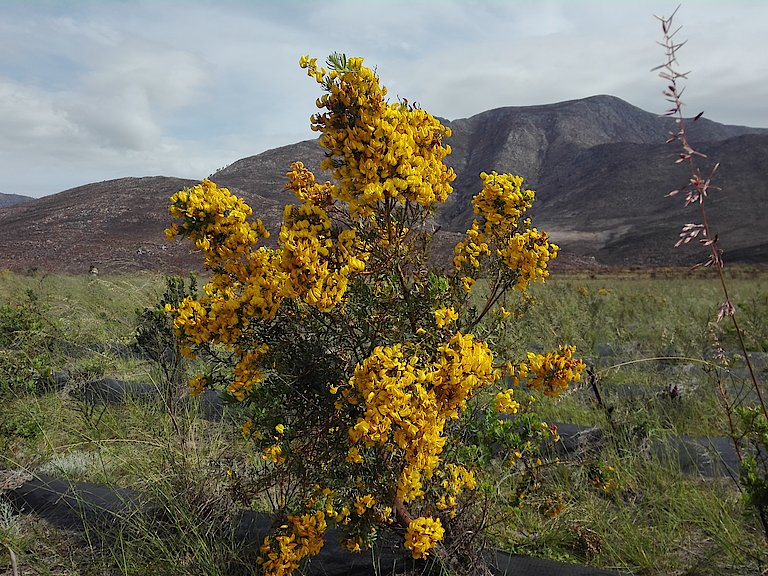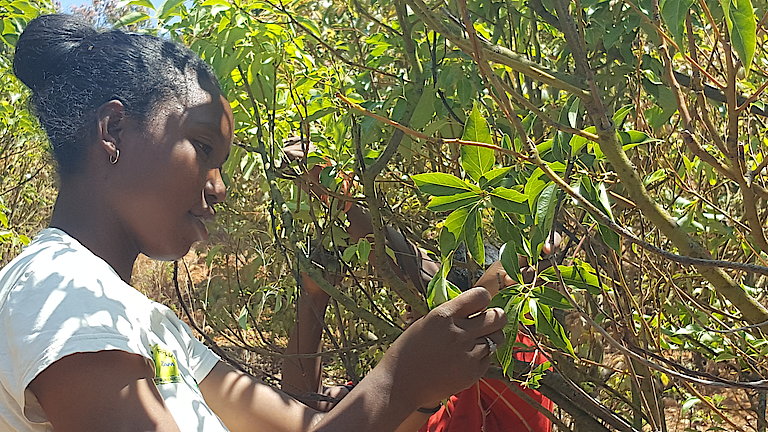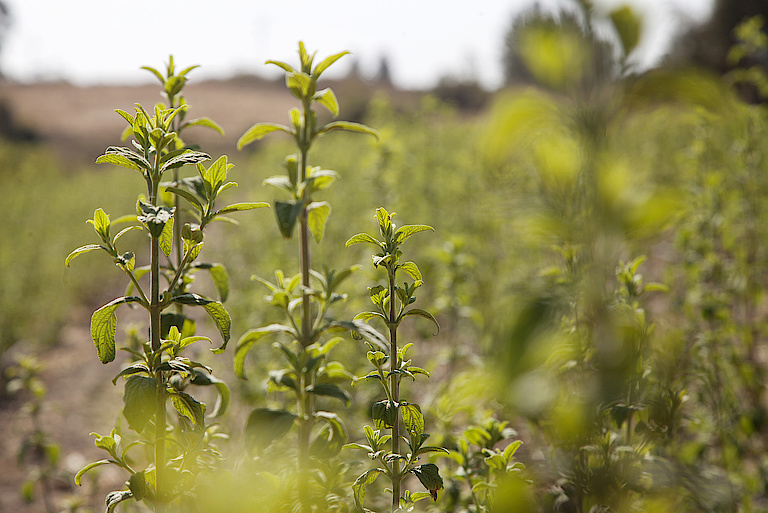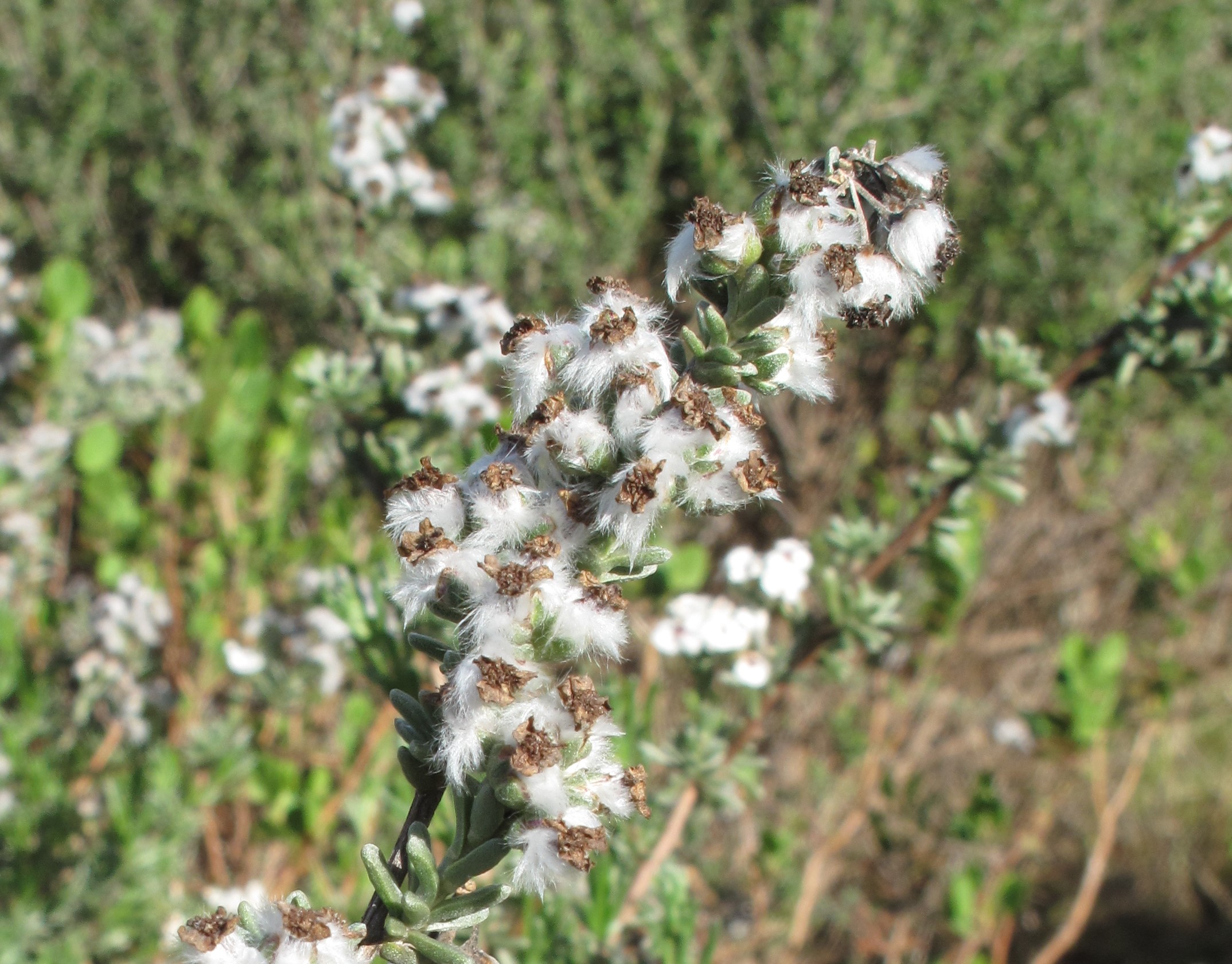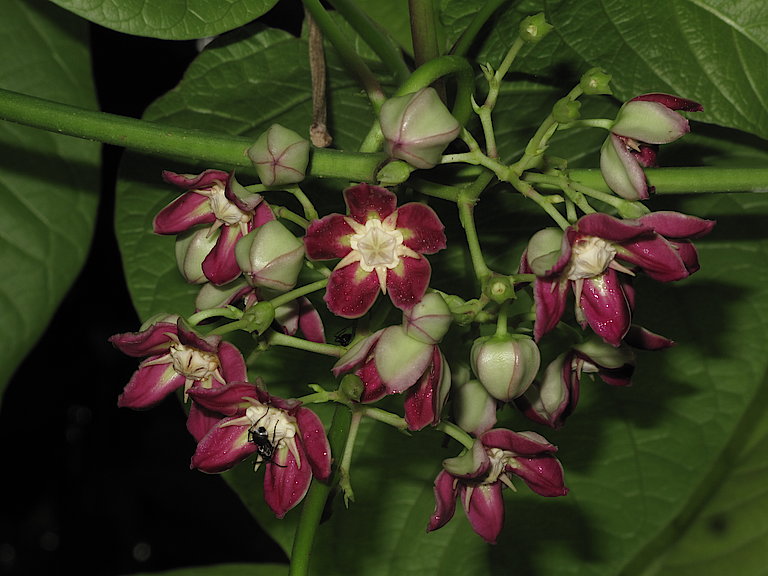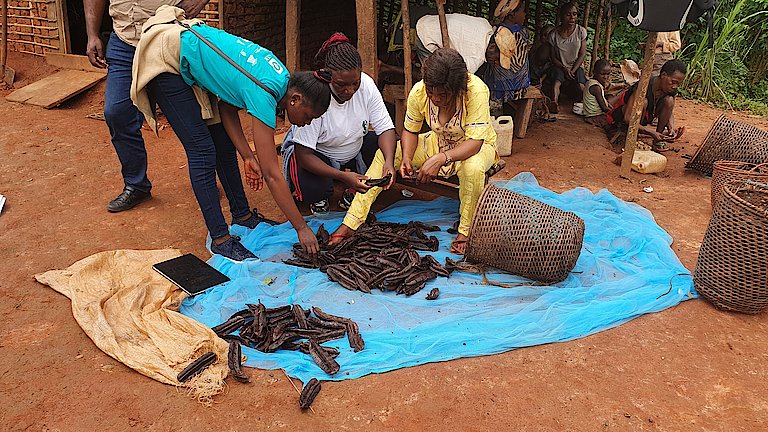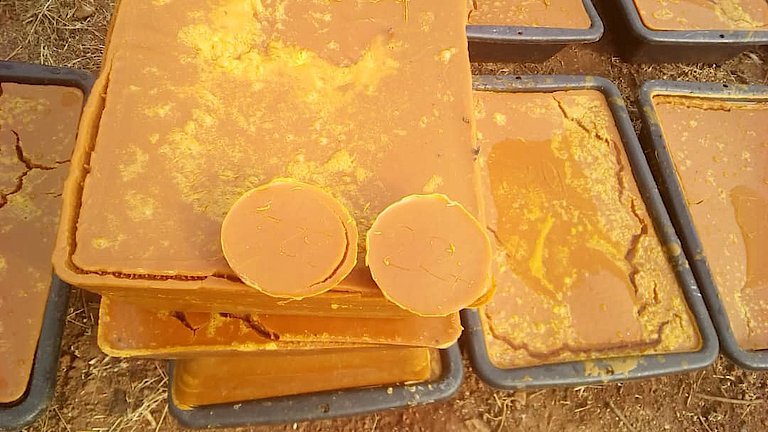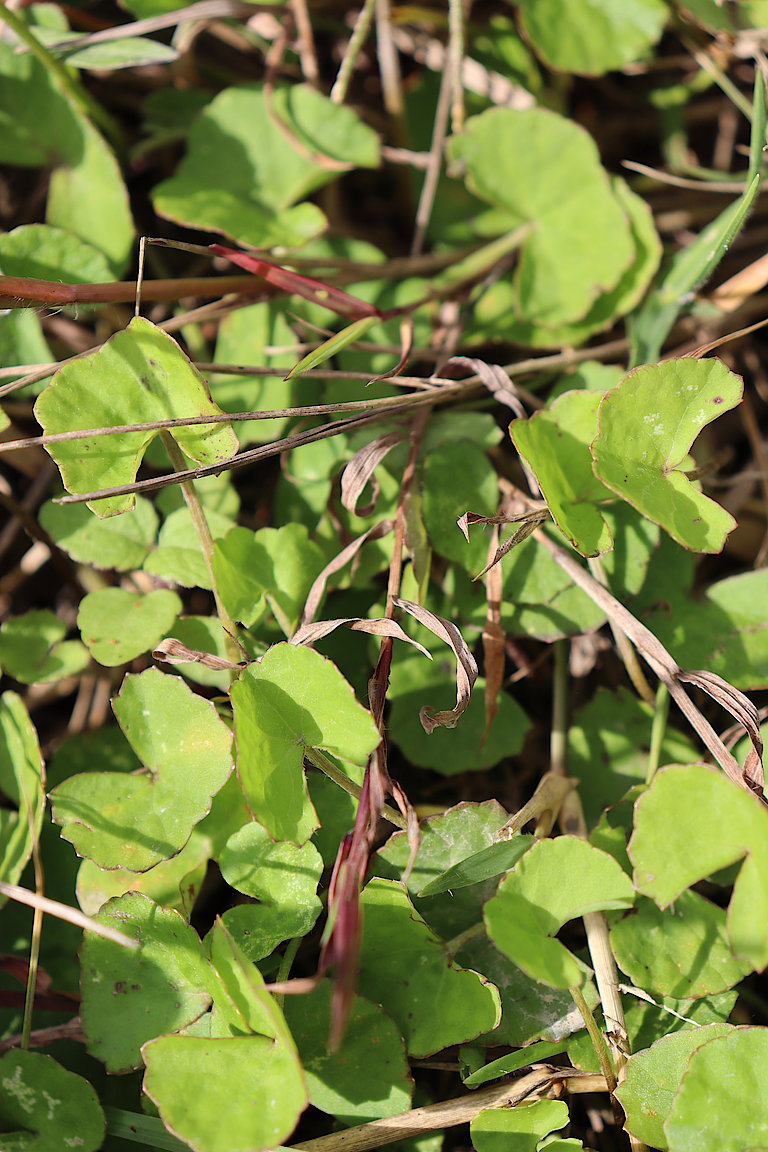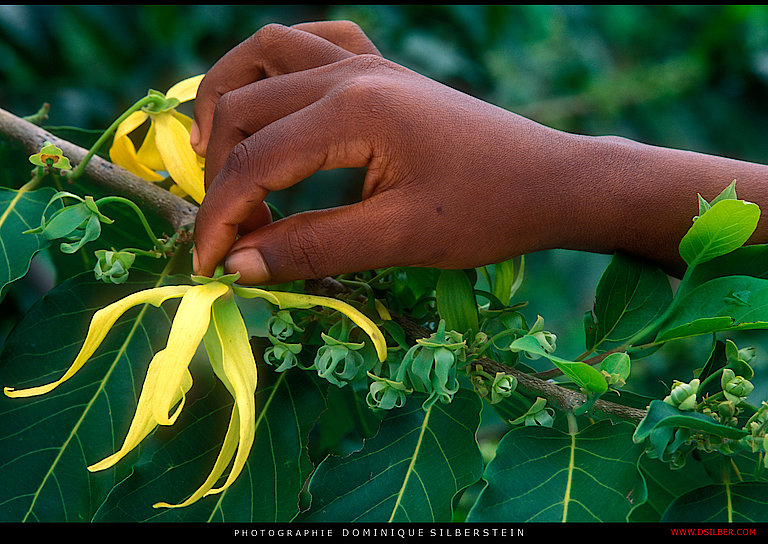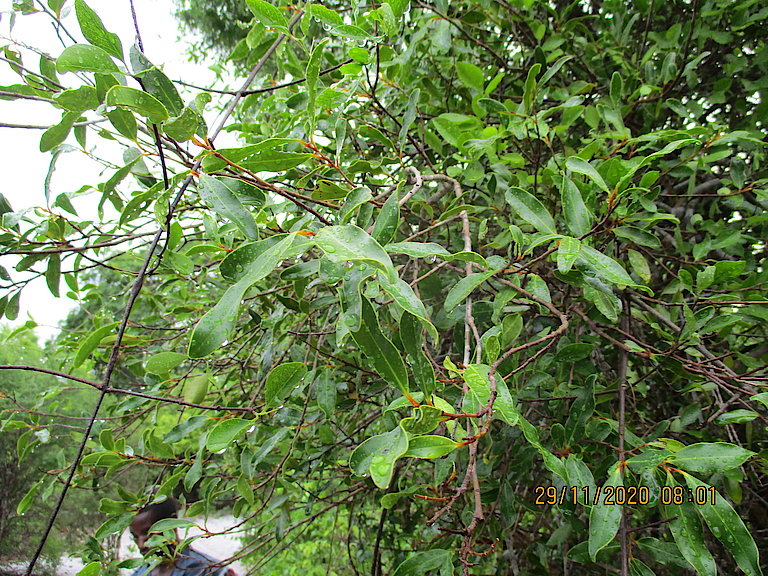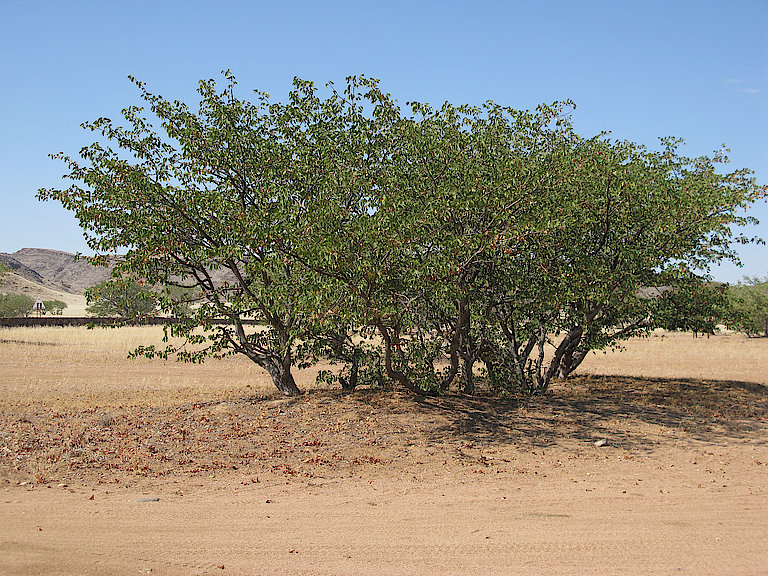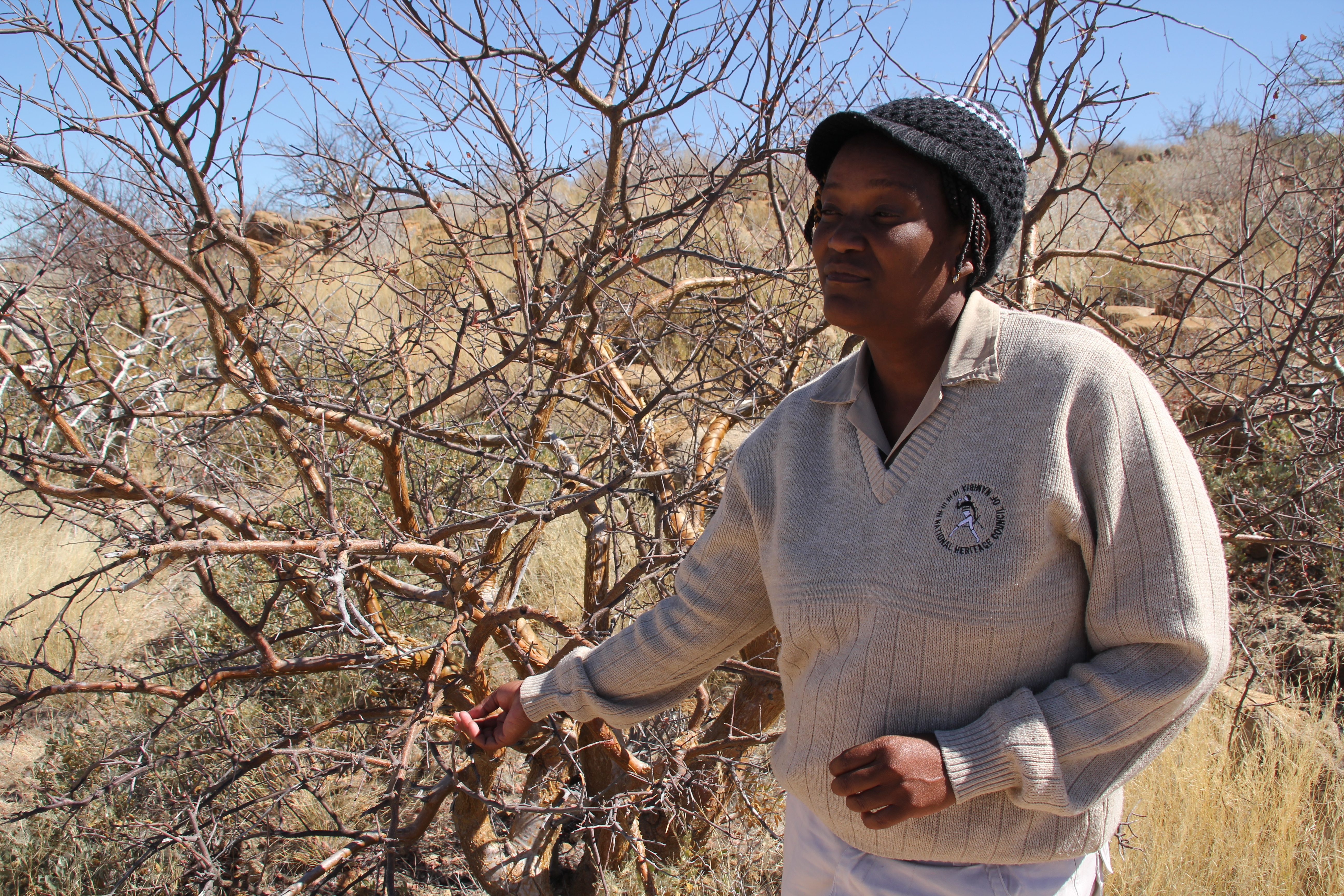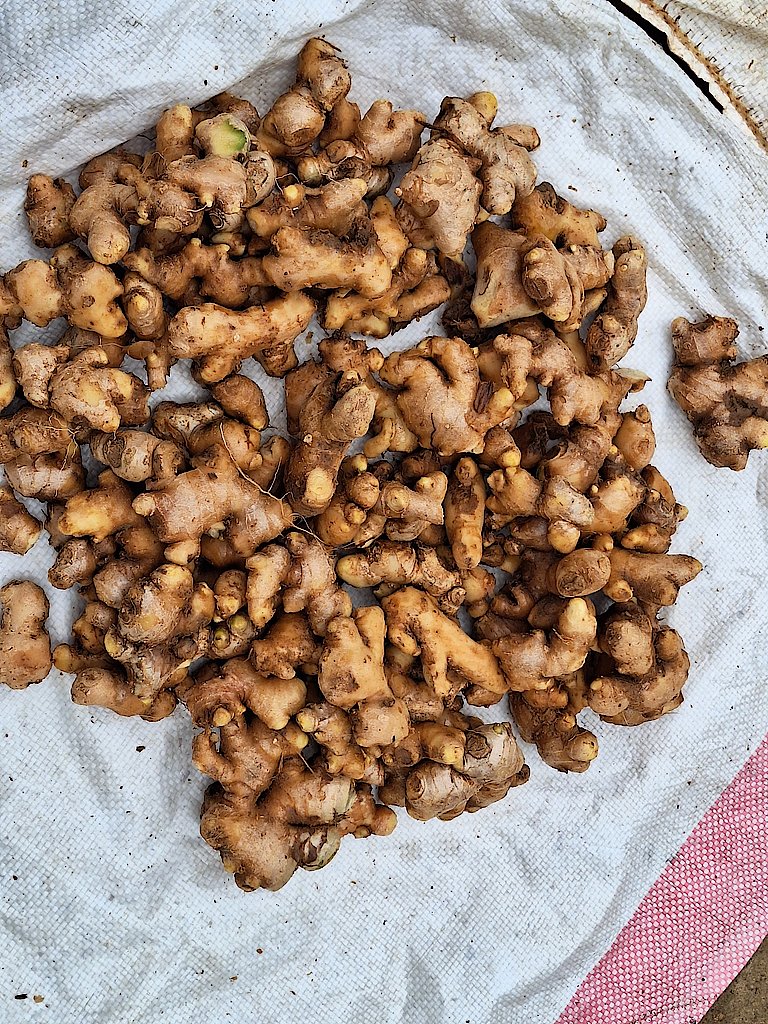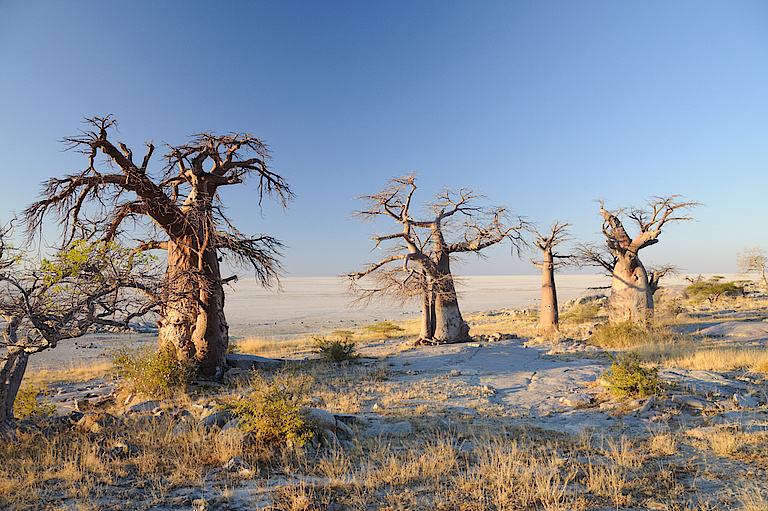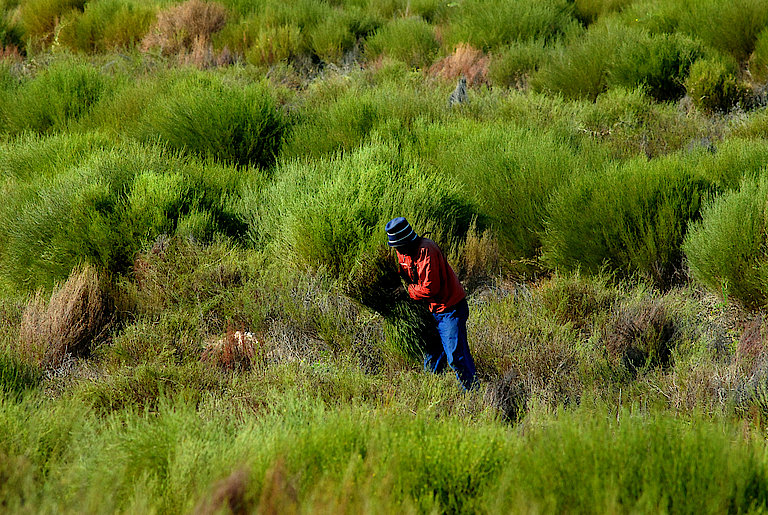About Aloe ferox
Aloe (Aloe ferox) is widespread across the Western and Eastern Cape Province of South Africa, extending to the southern Free State and Lesotho, and the Little Karoo region of the Western Cape.
The Aloe Ferox sector in South Africa has more than 20 producers who produce around 300 tonnes of product each year. It has an active sector organisation, the Aloe Council of SA. There is a Biodiversity Management Plan in place, as well as harvesting guidelines, and a resource assessment has been conducted. About 30 bioprospecting and biotrade permits have been issued by the Department of Environment, Forestry and Fisheries.
Aloe ferox is included in Appendix II of the Convention on International Trade in Endangered Species of Wild Fauna and Flora (CITES) of 2020 and obtained a non-detriment finding from the Scientific Authority of South Africa in 2019.
The NDF indicates that the harvest and international trade in Aloe ferox is non-detrimental and poses a low to moderate risk to the population in the wild. SANBI conducted a resource assessment in 2019 which provides an informed overview on the current the level impact of harvesting on biodiversity. The draft BMP was developed by DEFE in 2017 and needs to be updated with the information from the completed resource assessment.
Bitters in the Western Cape are tapped from Aloe ferox plants by traditional tappers and by communities in the Eastern Cape. The gel and juice of the leaf of Aloe ferox are widely used in fortified foods and in food supplements for their laxative effect, especially the bitters.
In an opinion on a health claim related to plants containing hydroxyanthracene derivatives (HADs), the European Food Safety Authority (EFSA) advised against long-term use and consumption at high doses due to potential safety concerns. EFSA adopted a scientific opinion on the evaluation of the safety of HADs for use in food and concluded that HADs should be regarded as genotoxic and carcinogenic and that there is a safety concern for extracts containing HADs, although EFSA was unable to provide advice on a daily intake of HADs that does not give rise to concerns for human health.
For this reason, the EU decided to prohibit aloe-emodin, emodin, danthron and HAD-containing aloe extracts and place Rheum, Cassia and Rhamnus extracts under European Union (EU) scrutiny by amending Annex III to Regulation (EC) No 1925/2006. The prohibiting of the use of Aloe ferox leaf in food might have severe negative impacts on the Aloe ferox sector, especially as such prohibition will directly reduce production and employment levels.
Sustainable use
Aloe ferox is wild harvested on farmland or reserves in the Western Cape and mostly on communal or land under traditional authority in the Eastern Cape. Cultivation predominantly occurs in the Western Cape.
Unsustainable harvesting practices such as over-exploitation and destructive harvesting occur predominantly in the Eastern Cape and have been perceived as a major threat to the survival of the species in some areas. This includes illegal harvesting in communal lands especially by untrained tappers who harvest large amounts of leaves, as well as loss of habitat to crop cultivation and urban development.
Aloe ferox harvesting is however well managed on private land, both in the Eastern Cape and the Western Cape provinces. The South African National Standards (SANS) 368 provides recommendations towards harvesting parameters when sourcing Aloe ferox leaves for raw material, yet these standards are not always met by wild harvesters.
The processors in the Western Cape have long-standing working relationships with the wild harvesters and provide continuous training to improve harvest practices and the quality of the plant material. The majority of the tappers in the Western Cape developed their own harvesting practices to safeguard the Aloe ferox growing on the private land allocated to them for harvesting purposes.
RIGHT TO USE AND ACCESS TO RESOURCES
Newcomers to the Aloe ferox sector find it difficult to compete against established and vertically integrated supply chains. Companies such as Organic Aloe, African Aloe and Aloe Exports Trust are involved in the tapping, pre-processing, sale of raw materials, production, and sale of finished products. These companies mostly export their produce (raw material and/or finished products) or act as the sole supplier of processed raw material.
